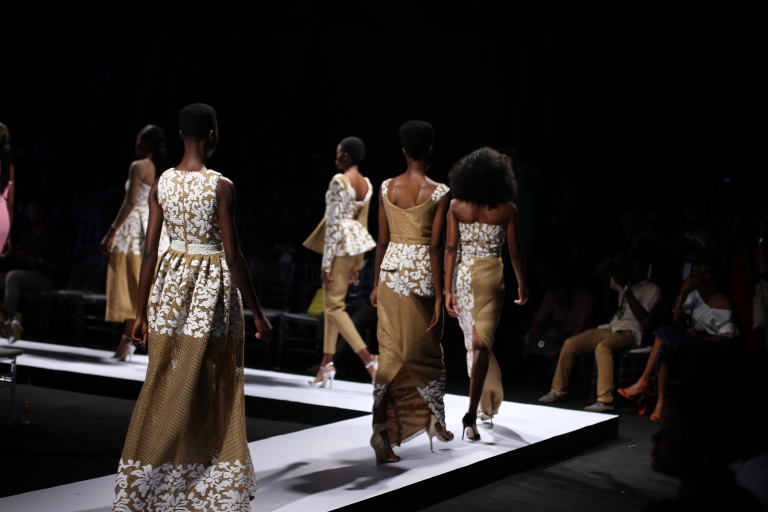A documentary has spotlighted the harsh realities of underpayment, shortchanging, and sexual harassment models deal with in Nigeria’s fashion industry.
Developed by Nxtgen, the documentary featured agents, ex-beauty queens, agency owners, and designers who gave insight into how the industry works.
Queen Onyemaechi, CEO of Anani Models, said there is a misconception about the profession where models are likened to sex workers.
She said: “I’ve had situations where my older sister said, ‘you’re going into prostitution. Why not go to school, learn a skill. She was trying to change my mind but I knew what I was going for. I started modeling and it changed my life.”
Harisson Akadidi of H&M Modeling said: “We have situations where agents want to pimp models for sex, mainly females. We have where agents who are supposed to act in the interest of the models develop lust.
“Lot of models are from very poor homes. They need finance at a level you can’t even imagine; like anything is survival for them. You tell them certain things over and over again and they trust you and your judgment.”
Commenting on the issue of body shaming and inappropriate advances, Ugochi Ihezue, a female model, narrated how an agent sought a hotel meet-up after rejecting her in the casting process for a show.
She said: “The modeling industry is a superficial industry if I’m using the right word. You get your body criticized. You hear things like, ‘your thighs are too big, your bum is too big, your bum is too small. Your boobs are too big’.
“People look at you and there’s always something to fix on your body. I had a couple of castings I went for and I wasn’t really picked but the manager was calling me and making advances. ‘Can you meet me up in a hotel?’
“I told him I wasn’t picked and he insisted, saying he was going to do something about it. I didn’t go because there was no point to it if what he wanted to do was not done at the casting location.”
Shortchanging of models, agency corruption and ‘lack of structure’
Bayo Haastrup, an industry veteran, said a lack of structure in the fashion scene has allowed room for many anomalies, such as shortchanging of models.
“The models are the main show. They’re the ones that do everything happening in the fashion business,” he said.
“The showcase the clothes. They bring out the portrait; the image of how the designer wants the apparel to be worn on stage. They do many things and, in the end, you pay the artists who come to sing for 30 minutes N2 million.
“But the model who has been on rehearsals for two, three weeks prior; who has done so much; who is wearing like maybe four or ten designers — you pay them N150,000. And you have the sponsorship of N150 million for a show.
“It doesn’t make sense. There is no structure in the industry in Nigeria. So many agencies are not doing the right thing, they don’t have the interest of the models at heart.”
Ihezue added that brands request unpaid partnerships with models in the guise of giving them exposure.
She said: “People want you to do jobs free, they don’t want to pay for your services, and even when you get paid, you get underpaid.
“Fashion designers and people that are in charge are booking these models at cheap stakes. Nobody wants to spend extra money on a face that is not known.
“Being Nigeria, people only appreciate faces that they know. And when they actually now get models to do these jobs for them, they pay them peanuts — 50k, 30k. They tell you 10k for transport.
“You hear things like [they’re giving you] exposure. The only place that is is a bit better is the runway show. Even at that, prices increased and they suddenly dropped for like two years in a row.”
Copyright 2025 TheCable. All rights reserved. This material, and other digital content on this website, may not be reproduced, published, broadcast, rewritten or redistributed in whole or in part without prior express written permission from TheCable.
Follow us on twitter @Thecablestyle

